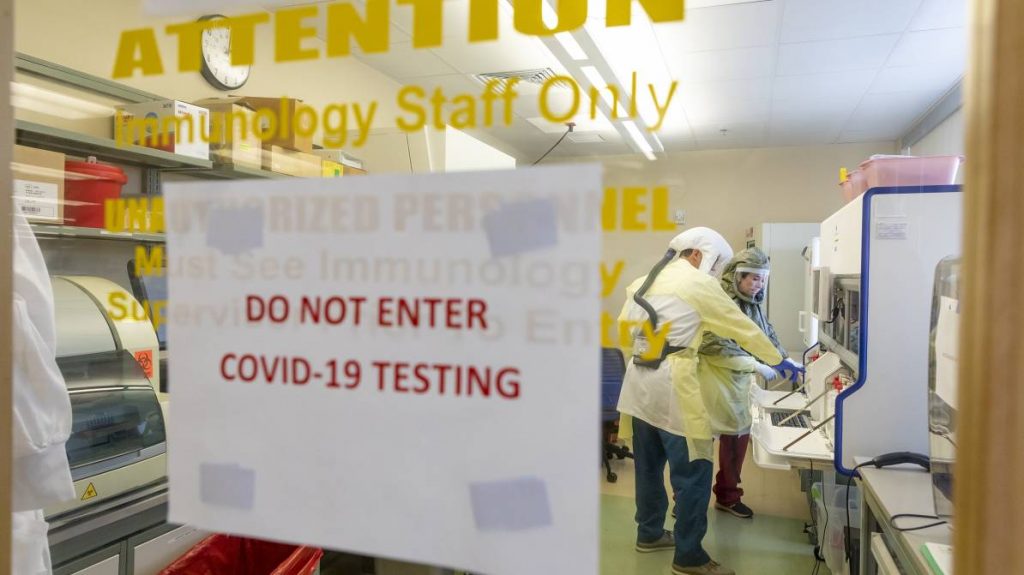More than 3,000 COVID-19 clinical trials have launched in the past year. That sounds like good news, but many of these are ill-suited for identifying interventions that save lives. Bloomberg School researchers have responded with strategies that can better distinguish clinically meaningful signals from confounding statistical noise.
Many COVID-19 trials have too small a sample size, and thus lack the “statistical power” to confidently determine whether patients are responding to treatment, says Elizabeth Ogburn, an associate professor in the Department of Biostatistics. Such underpowered trials may not have enough participants to produce a measurable effect from therapy; they may also yield false-positive results if a few patients’ conditions improve by chance rather than in response to treatment.

Ogburn and colleagues aim to address this problem with the COVID-19 Collaboration Platform, an open resource for researchers to share study protocols and data and create opportunities for teamwork.
Click here to read more.